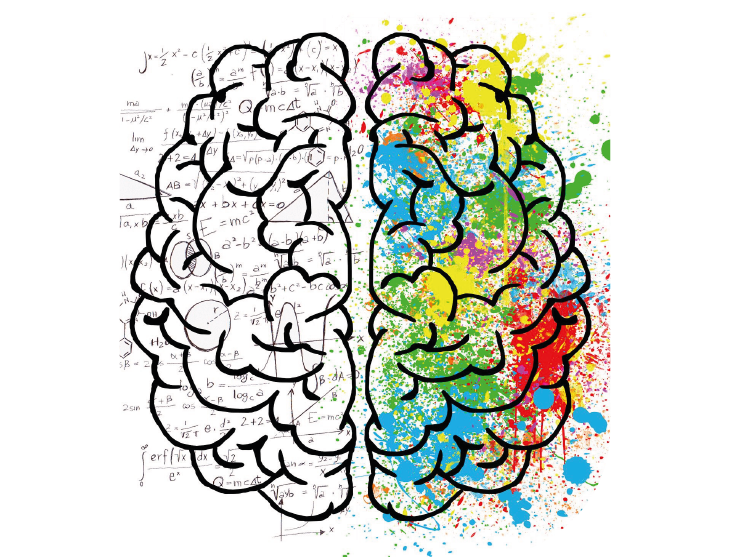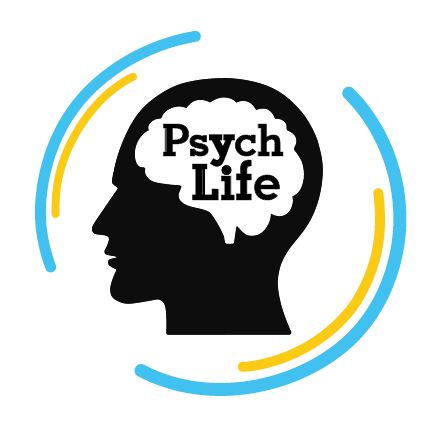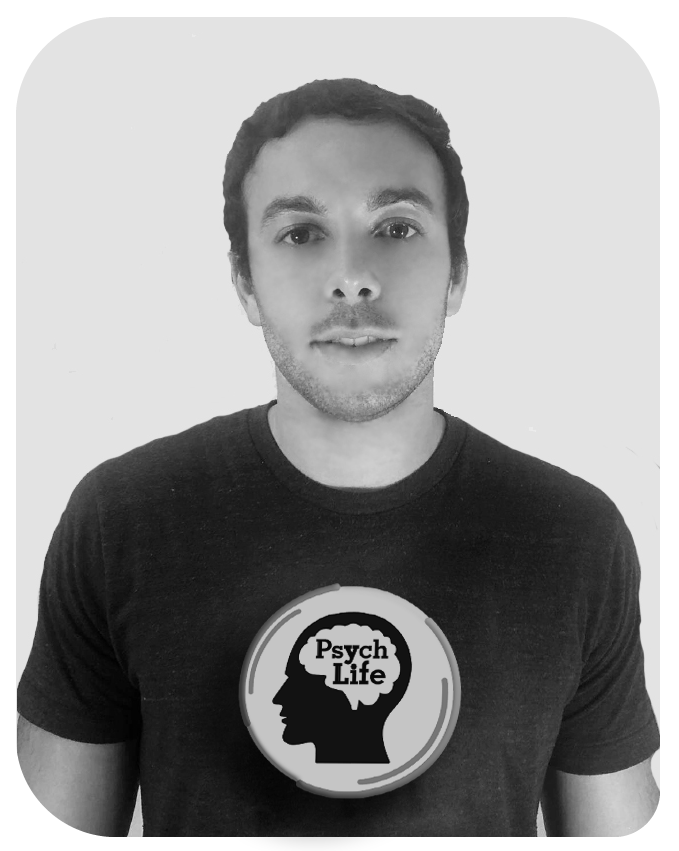
- April 1, 2020
- 10:30 pm
Individual Development
Humans are marvelous creatures. The ability to use complex grammar, and analyze difficult concepts is one of the many characteristics that make our species unique. As marvelous as humans may be, our understanding of life or the universe itself is limited. Accepting the notion that we may not always know the answer or have the skills to accomplish a goal can be a frightening thought for certain individuals.
I guess I can say I was one of those individuals, earlier in the year when I first stepped inside Dr. Silitsky’s Intro to Counseling class. Insecurities such as realizing when my personal unconscious beliefs and stereotypes may consequently negatively affect the therapeutic process are deep fears that haunt my sleep. Accepting the fact that “our sense of self is typically something constructed, primarily by the people in our lives, and that the self is actually a secret agent working for them more than for us” has allowed me to adhere and bring up to the surface my unconscious biases to help addressee my false consensus of others.
Humans are born with clean slates, as soon as we are brought in to this world our slates start to get filled up with subjective rules. Many times these subjective rules are social rules that benefit society as much as or more than they benefit us.
The term Social Construction of Reality refers to the theory “that the way we present ourselves to other people is shaped partly by our interactions with others, as well as by our life experiences”. No human is immune to social constructs, because social constructs are learned behaviors that start from the time of birth.

As a trained professional I must always be self-conscious of my behaviors, beliefs, and stereotypes I may have toward any group of people. Behaviors that evoke negative consequences toward others tend to come from unconscious beliefs or stereotypes. For example, I used to have a negative belief toward homosexuals when growing up as an adolescent due to my cultural background. It wasn’t until college that my negative beliefs toward the homosexual community surfaced to my conscious, which inevitably lead me to change my intrinsic view of homosexuals to a positive note. Before changing negative beliefs, and stereotypes toward a specific population a therapist must always be made aware of the false consensus whether through self-realization or personal self-observation.
The fear of not always knowing when I may be promoting a false consensus is one that frightens me in the start of the semester, but has slowly disappeared through the experience and acknowledgment that our focus is our reality. Only through experience of the unknown, personal falsification experiments such as traveling to places where I currently have generalizations can I slowly diminish personal stereotypes, labels, and prejudice that I may be exhibiting unconsciousl.
Earlier in the year the notion that I as an individual have unique perspectives, beliefs, or personal values that purely stem from intrinsic foundations was very admirable but malarkey at best. The thought that I was immune to external influences kept me harmonized internally because I was keeping my fear in a closet instead of confronting the truth. I work at a mental health facility named Concept House. The Concept House is an inpatient treatment center for all those in the population either through voluntary screening or court ordered clients. I realized a few weeks back that I had a false consensus toward why the adolescent clients were in the situation they were in. Due to my upbringing, I believed that everyone has the liberty to be who they want to be in life without any constraints. If a teenager wanted to use illicit substances and be a troublemaker it was their personal choice.

The fear that I will not be able to catch personal unconscious stereotypes is a logical one in a field where I will be inclining my professional services to others. As a mental health professional, the mental health of the client will always be a top priority over all else. The truth of the matter is that ridding myself of all stereotypes, false beliefs or generalizations in impossible. The mind is the most powerful computer in the Universe, and there are literally trillions of events and stimuli’s occurring every second in your surroundings but the mind attempts to conceptualize all those events in to one moment. I would like to ascertain that labels, generalizations, and stereotypes are the way the mind attempts to make logic of the world and the way it bases reality.
The best I can do in tackling the insecurity of posing stereotypes or personal beliefs to a client is to face the beliefs themselves when presented. Malcolm Gladwell once wrote “We don’t deliberately choose our unconscious attitudes, in fact, we may not even be aware of them”. Slowly but surely through the inherent of knowledge and experience my unconscious can become conscious which can inevitably lead to action and against personal false conceptions or generalizations.
How well an individual can think and act on the spur of the moment has much more to do with external factors than we tend to realize. I have realized that since my moment of conception, the external world is exactly what has influenced my sense of self. Meaning, what I may find unique about myself may in fact be not so unique after all. I know that my past experiences are well embedded in my unconscious mind, which is expressed through my actions in subtle ways that may not always appear to blatantly to me. There is no escaping my past experiences, since after all it has shaped me to be who I am, but I sure can tackle all the false consensus I may have toward any particular group of people when made conscious.
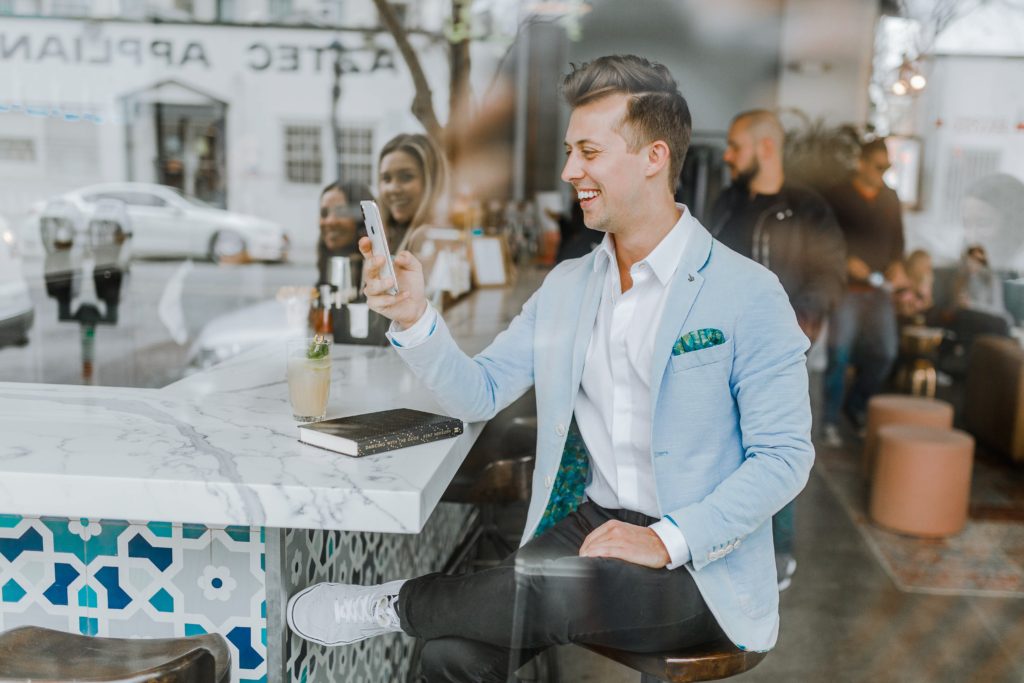
The fear that I will not be able to catch personal unconscious stereotypes is a logical one in a field where I will be inclining my professional services to others. As a mental health professional, the mental health of the client will always be a top priority over all else. The truth of the matter is that ridding myself of all stereotypes, false beliefs or generalizations in impossible. The mind is the most powerful computer in the Universe, and there are literally trillions of events and stimuli’s occurring every second in your surroundings but the mind attempts to conceptualize all those events in to one moment. I would like to ascertain that labels, generalizations, and stereotypes are the way the mind attempts to make logic of the world and the way it bases reality.
The best I can do in tackling the insecurity of posing stereotypes or personal beliefs to a client is to face the beliefs themselves when presented. Malcolm Gladwell once wrote “We don’t deliberately choose our unconscious attitudes, in fact, we may not even be aware of them”. Slowly but surely through the inherent of knowledge and experience my unconscious can become conscious which can inevitably lead to action and against personal false conceptions or generalizations.
How well an individual can think and act on the spur of the moment has much more to do with external factors than we tend to realize. I have realized that since my moment of conception, the external world is exactly what has influenced my sense of self. Meaning, what I may find unique about myself may in fact be not so unique after all. I know that my past experiences are well embedded in my unconscious mind, which is expressed through my actions in subtle ways that may not always appear to blatantly to me. There is no escaping my past experiences, since after all it has shaped me to be who I am, but I sure can tackle all the false consensus I may have toward any particular group of people when made conscious.
The conclusion I have revered is that every single human is a product to their experiences, and the internal processes of an individual is directly tied and inescapable from the external world. Labels, stereotypes, and prejudices are and will always be present in myself just as much as any other individual. Although it may be scary for me as a mental health professional to admit that I give labels to other groups within the population of the human race is not an absolute terrible thing considering the fact that I acknowledge reality.
Reading books, writing reports, and staying in my comfort zone will not help me be a better professional, but traveling the world to experience different cultures, and constantly allowing myself the opportunity to bring the unconscious to the conscious will allow me to tackle any unwanted internal principles, beliefs, and biases based on false premises. My fear of presenting unwanted stereotypes and prejudice to those around me and to future clients I will be working with in my profession in a unconscious manner is a good fear to have because it makes me more aware of my own beliefs. It will be a life long journey to become the culturally competent counselor I desire.
More to explorer
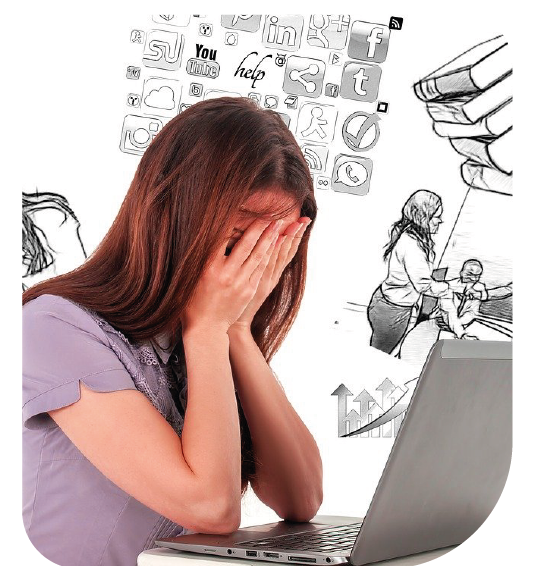
The Mind & Brain Relationship.
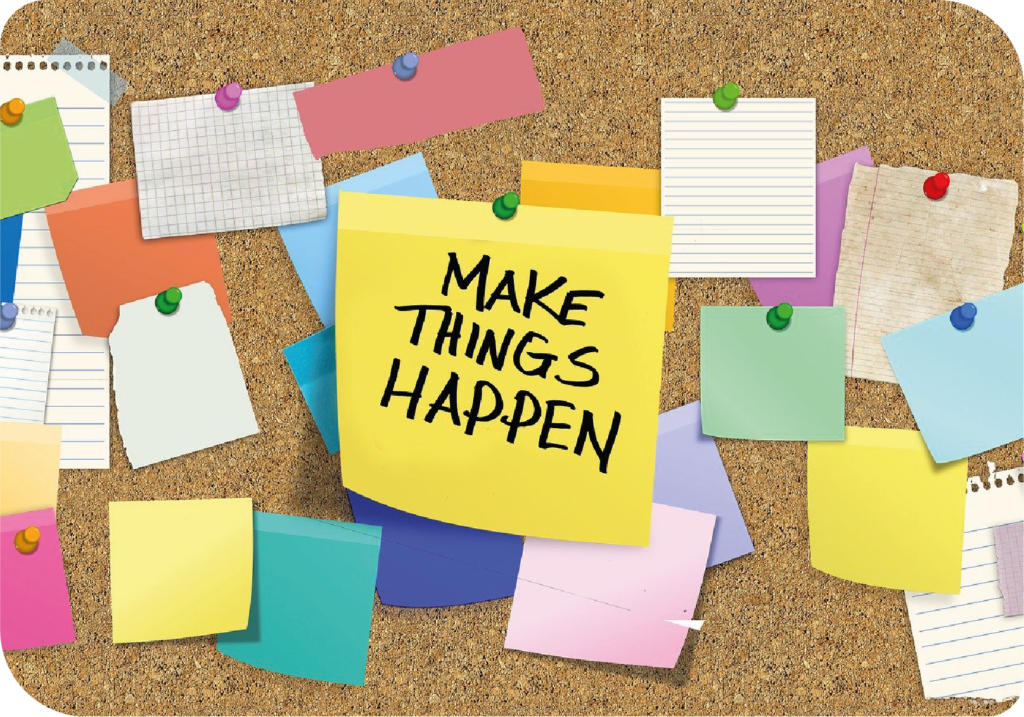
Family History
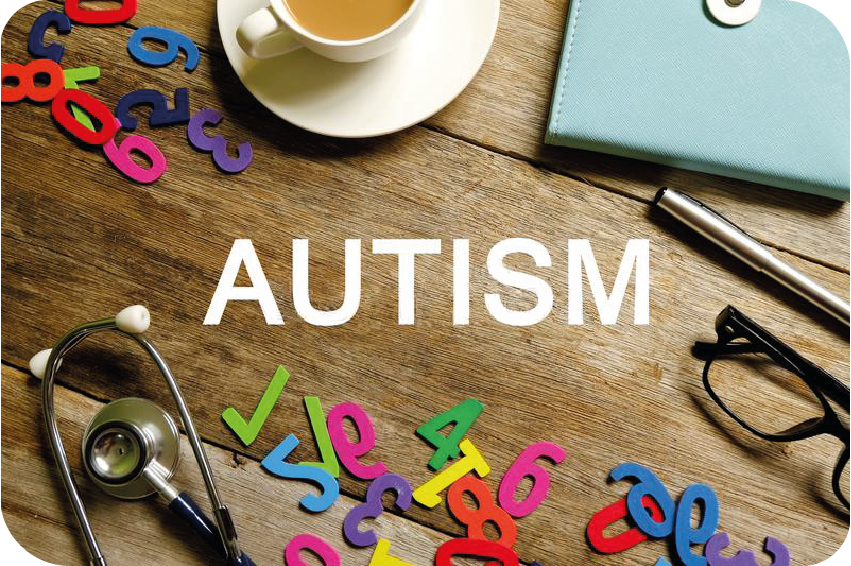
The Clinical Issue
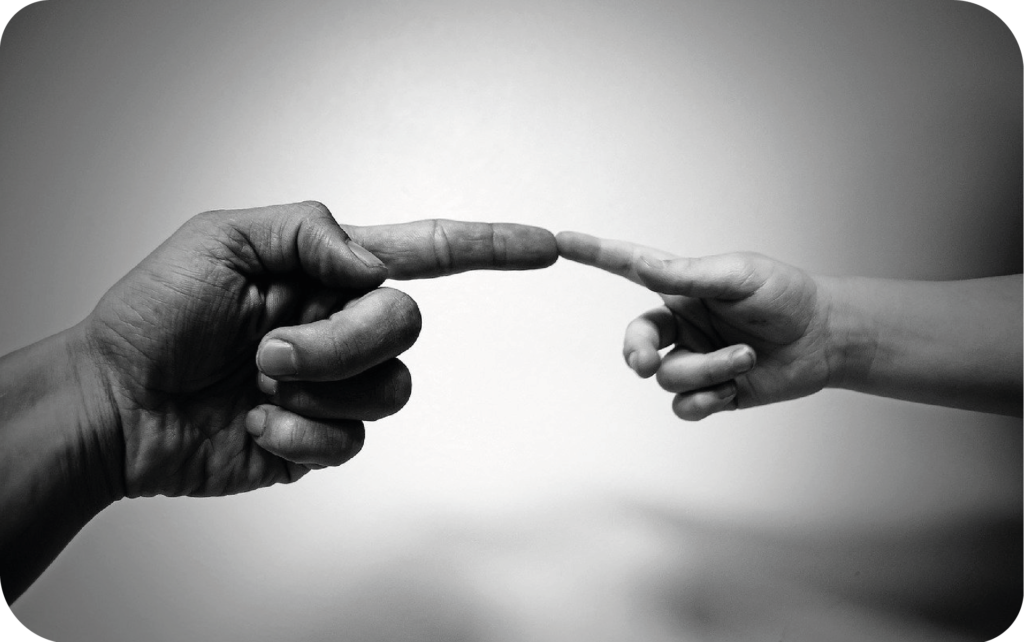
Personal theory of Human nature
